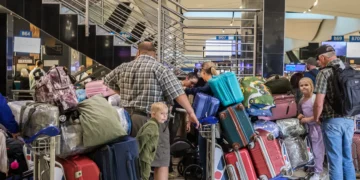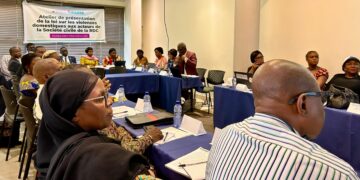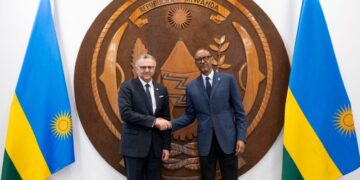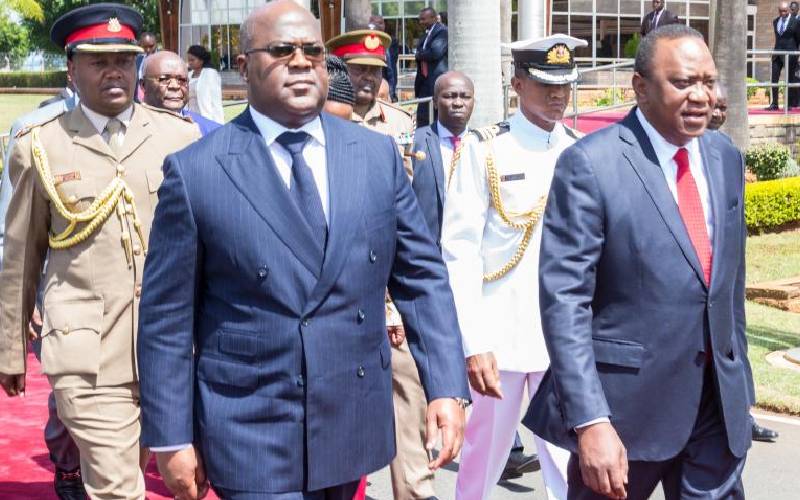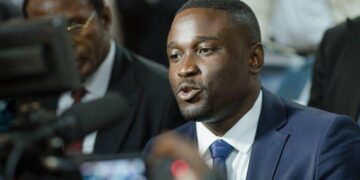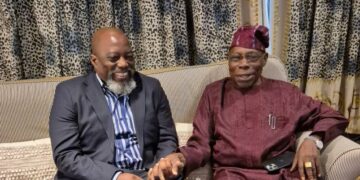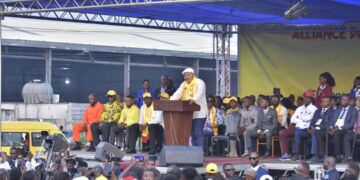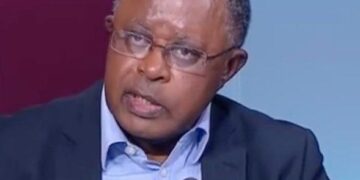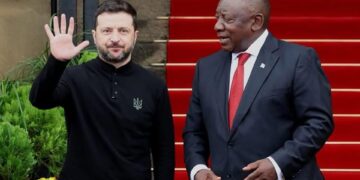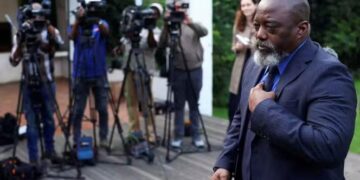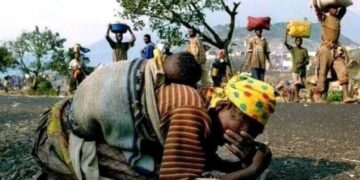In a recent address delivered at a regional leadership forum in Pretoria, Mbeki urged Congolese authorities to take greater responsibility for the country’s instability, particularly in the eastern provinces.
“The current crisis in the DRC is largely the result of failures in governance, leadership, and the inability to build strong, inclusive national institutions,” Mbeki declared, drawing on his long-standing experience as a mediator in African conflicts, including the DRC’s peace process in the early 2000s.
Thabo Mbeki, widely respected for his diplomatic acumen and pan-African vision, played a pivotal role in the negotiations that led to the 2003 Global and All-Inclusive Agreement, which ended the Second Congo War. His latest remarks are viewed by many observers as a wake-up call, not only to the current administration in Kinshasa but also to regional actors watching the Congo crisis escalate with growing concern.
He highlighted deep-rooted problems such as weak state authority, corruption, and exclusionary politics as key factors undermining peace and development. Mbeki warned that without meaningful reforms, the DRC risks remaining trapped in a cycle of violence, despite its vast natural wealth and geopolitical significance.
Advice Rooted in Hard-Won Lessons
Among his recommendations, Mbeki urged President Félix Tshisekedi’s government to:
- Strengthen national dialogue by engaging opposition parties, civil society, and communities in conflict-affected areas;
- Prioritize institutional reform, particularly in the justice, security, and electoral sectors;
- Reassert state authority in regions dominated by armed groups through inclusive governance and economic investment;
- Avoid over-reliance on external military support, emphasizing African-led solutions and regional diplomacy.
He warned that military operations alone would not solve the country’s crisis, especially if underlying grievances remained unaddressed.
Mbeki’s remarks come at a sensitive time for the Congolese leadership. President Tshisekedi, who began a second term amid contested elections, faces mounting pressure over continued instability in the east, where rebel groups — including the M23 and various militias — continue to displace civilians and threaten regional peace.
While the government has often blamed foreign interference, particularly from Rwanda, Mbeki’s intervention shifts focus inward, calling for accountability and internal reform.
Will Kinshasa Listen?
The former South African leader’s comments have sparked debate among analysts, civil society leaders, and Congolese citizens. Some welcome his forthright tone, describing it as a necessary challenge to a government that has struggled to deliver peace. Others see it as an opportunity for constructive engagement between Kinshasa and experienced African statesmen.
What remains to be seen is whether the Congolese authorities will take Mbeki’s advice to heart or dismiss it as external interference. As the situation on the ground worsens and regional tensions mount, the cost of inaction may be greater than ever.


